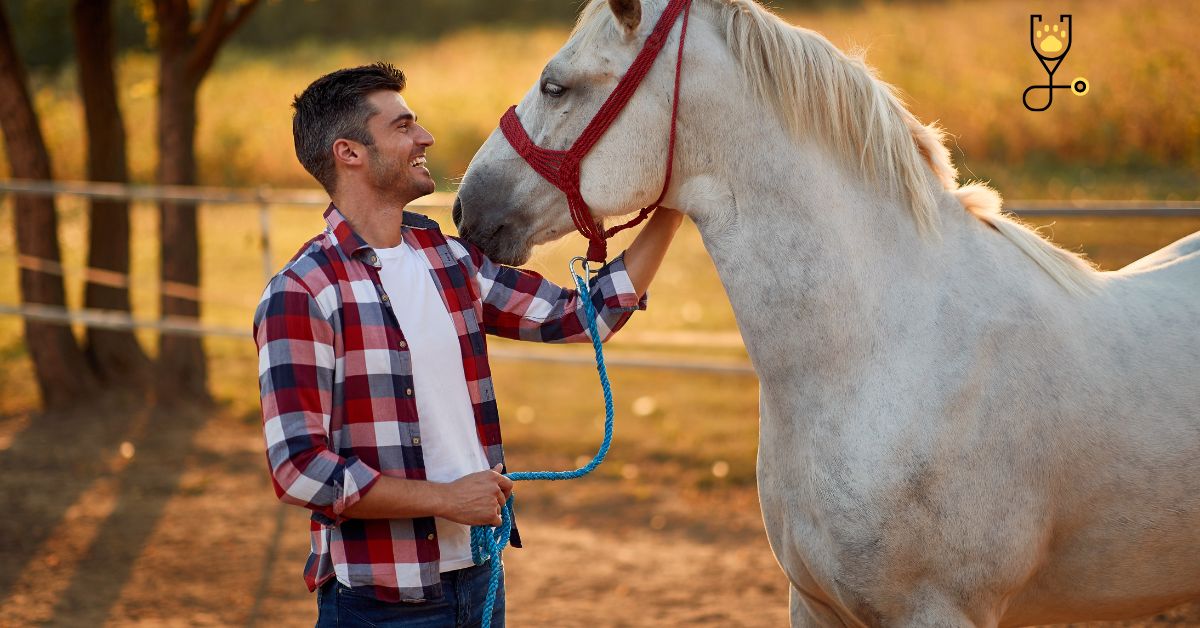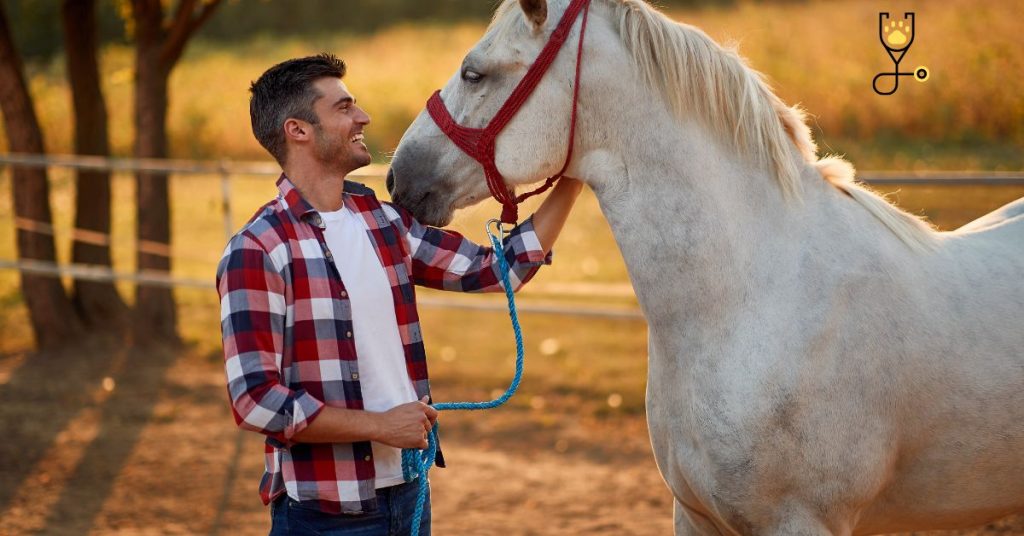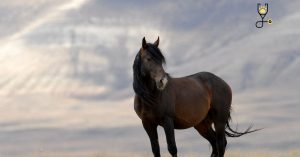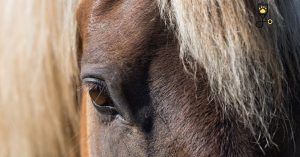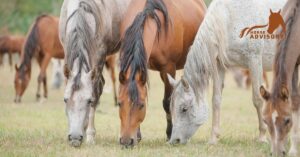As a horse owner, it is important for you to be well-versed in basic horse care and feeding. Not only will this help keep your horse healthy and happy, but it can also save you money in the long run. In this blog post, we will discuss the basics of horse care and feeding, including what you need to know about hay, grains, water, and other feed supplements. So whether you are a new horse owner or just looking to brush up on your skills, read on for all you need to know about basic horse care and feeding!
How To Take Care Of My Horse
Let’s start with the basics of horse care.
Feeding
Horses need to be fed at least twice daily, with a balanced diet of hay, grain, and other supplements. Always provide fresh water and check the weight of your horse regularly to ensure they are getting enough nutrition.
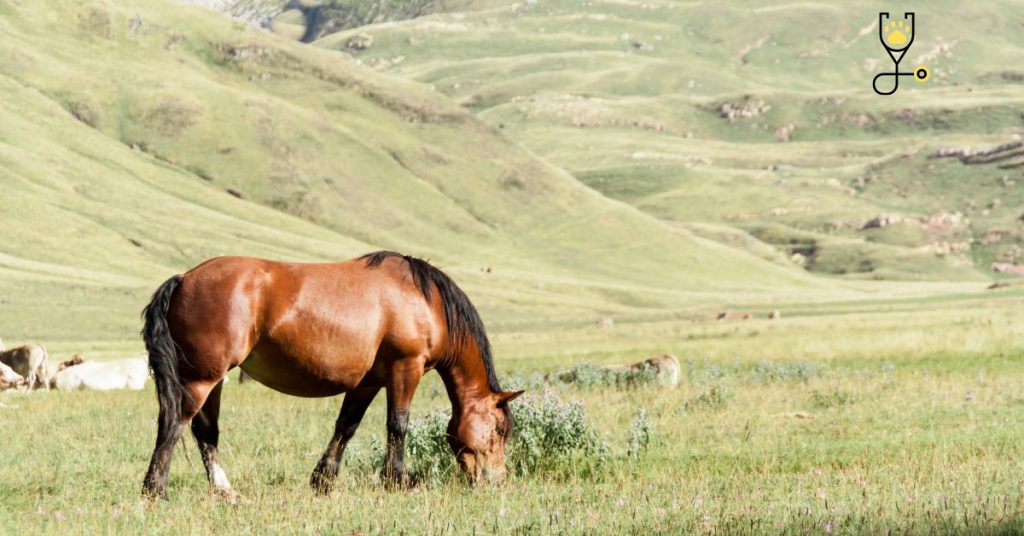
Amount(wt/vol)
The amount of hay and grain your horse should be consuming will vary depending on their size, age, and activity level. Generally speaking, horses should have access to hay all day and a ratio of 0.5-1 percent of their body weight in grain per day.
Types of Hay and Grain
The type of hay you provide your horse will depend on their nutritional needs and the availability of feed in your area. For most horses, a combination of grass hay and legume hay is best. As far as grains go, oats are generally the preferred choice due to their high digestibility, but barley, corn, and wheat can all be used as well.
Supplements
Depending on your horse’s needs, you may want to provide supplements such as vitamins, minerals, and electrolytes to ensure they are getting the proper nutrition. Be sure to consult your veterinarian about any additional feed supplements that may be beneficial for your horse.
Water
Water is essential for a healthy horse, so make sure they always have access to fresh, clean water. Depending on their size and activity level, horses can drink anywhere from 5-20 gallons of water each day.
Exercise
Exercise is key for horses in any stage of life. Regular exercise helps keep your horse healthy, especially when it comes to joint mobility and muscle tone. Make sure you have ample space for your horse to run around and graze in, as well as frequent riding sessions or field trips that can help prevent boredom.
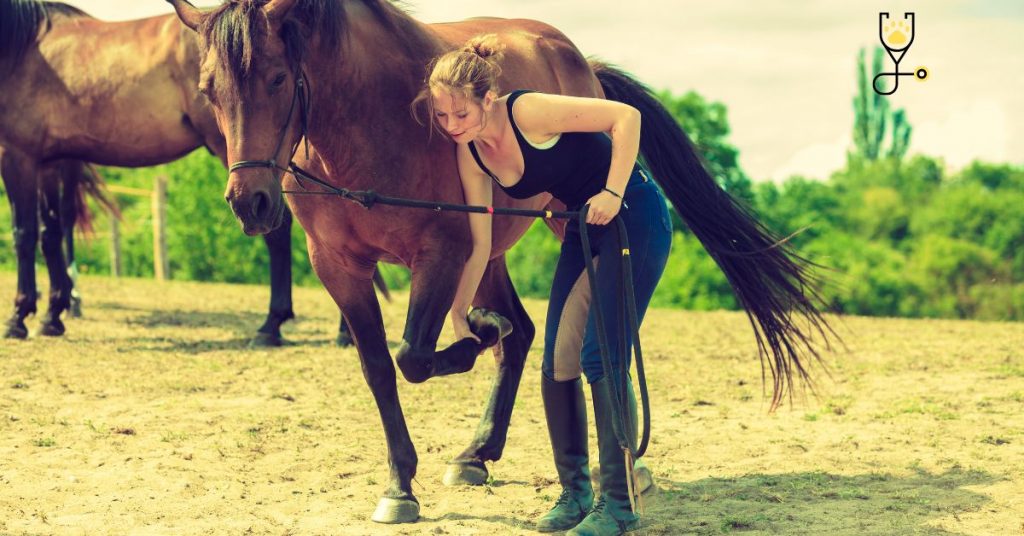
Grooming
Grooming is an important part of keeping your horse healthy, including brushing their coat regularly to remove dirt and debris. Also, remember to trim their hooves every few weeks or so to prevent overgrowth and lameness.
Veterinary Care
Regular veterinary check-ups are essential for tracking your horse’s overall health, from vaccinations to dental care. Make sure you stay up to date on all of your horse’s necessary treatments, such as worming and parasite control. Also keep an eye out for potential signs of illness or injury, so that you can get medical attention as soon as possible.

Socializing
Horses are social animals and benefit greatly from interaction with other horses and people. Give them lots of time in the pasture together, and make sure they receive plenty of attention from you too!
- You can also take advantage of riding lessons or shows to provide stimulation, challenge their minds, and help mitigate any behavioral issues that might arise. Overall, your horse’s health and happiness depend on you! Make sure you are taking the time to provide them with all of the nutrients, exercise, veterinary care, and social interaction they need. With a little bit of extra effort and dedication, you can ensure that your horse stays healthy for years to come.
Conclusion
Taking care of a horse is no easy feat, but it can be incredibly rewarding. With the right knowledge and dedication, you can provide your horse with all the love and care they need to stay healthy and happy for years to come. From feeding to grooming, veterinary care, and socialization, a little bit of extra effort goes a long way in ensuring your horse’s well-being. So go out there and give your horse the best possible life!
Frequently Ask Questions
1. How much hay and grain should I feed my horse?
Answer: Generally speaking, horses should have access to hay all day and a ratio of 0.5-1 percent of their body weight in grain per day.
2. What type of hay and grain is best for my horse?
Answer: For most horses, a combination of grass and legume hay is best. As far as grains go, oats are generally the preferred choice due to their high digestibility, but barley, corn, and wheat can all be used as well.
3. What supplements should I give my horse?
Answer: Depending on your horse’s needs, you may want to provide supplements such as vitamins, minerals, and electrolytes to ensure they are getting the proper nutrition. Be sure to consult your veterinarian about any additional feed supplements that may be beneficial for your horse.
4. How much water should my horse drink?
Answer: Depending on their size and activity level, horses can drink anywhere from 5-20 gallons of water each day.
5. What type of exercise is best for my horse?
Answer: Regular exercise helps keep your horse healthy, especially when it comes to joint mobility and muscle tone. Make sure you have ample space for your horse to run around and graze in, as well as frequent riding sessions or field trips that can help prevent boredom. Additionally, attending shows or taking riding lessons are great ways to mentally stimulate and challenge your horse’s mind.
6. How do I know if my horse is sick or injured?
Answer: It’s important to pay attention to any changes in your horse’s behavior, such as decreased appetite, abnormal gait, lameness, or lethargy. If you notice any of these signs, don’t hesitate to seek veterinary attention immediately. Additionally, regular check-ups are essential for tracking your horse’s overall health and well-being.
